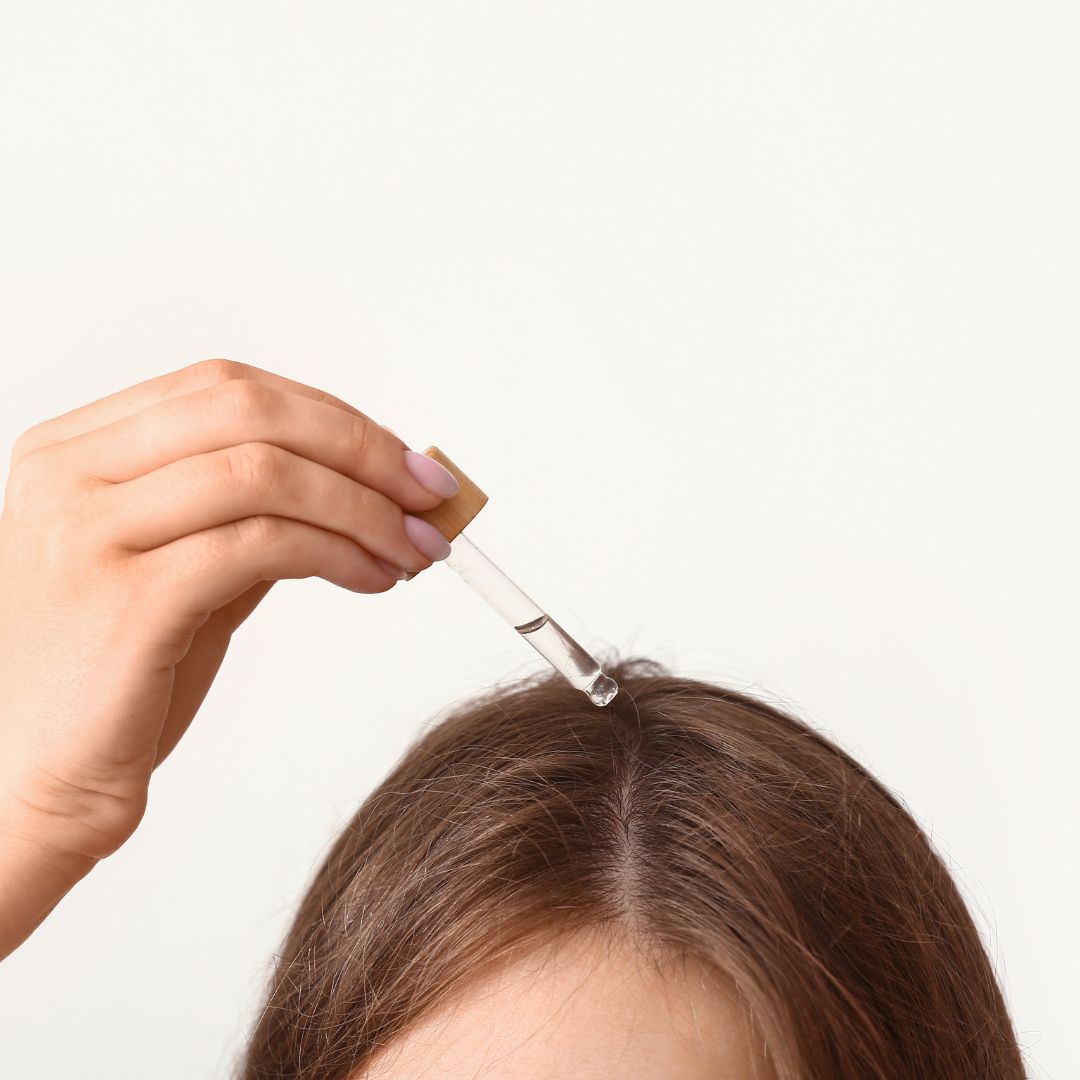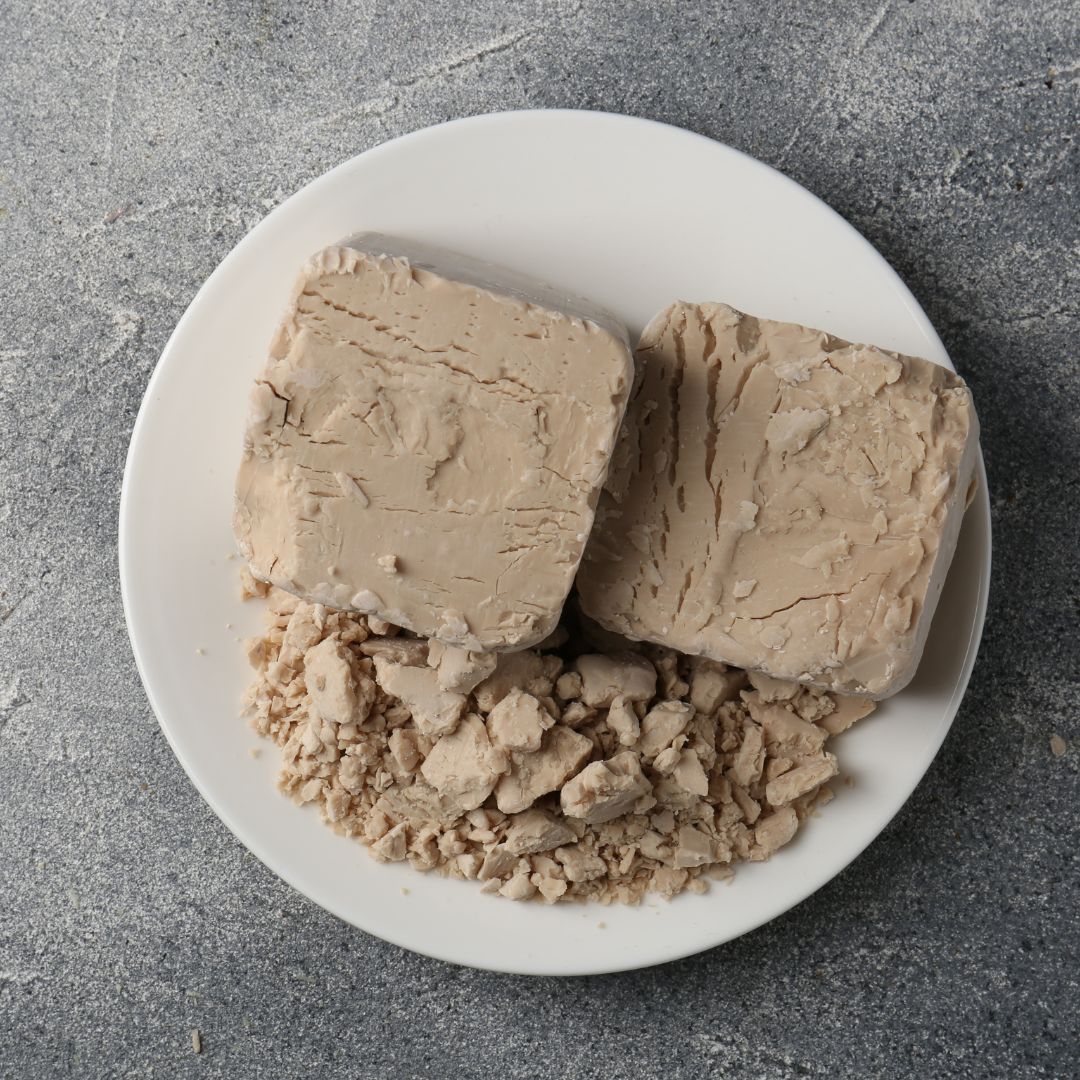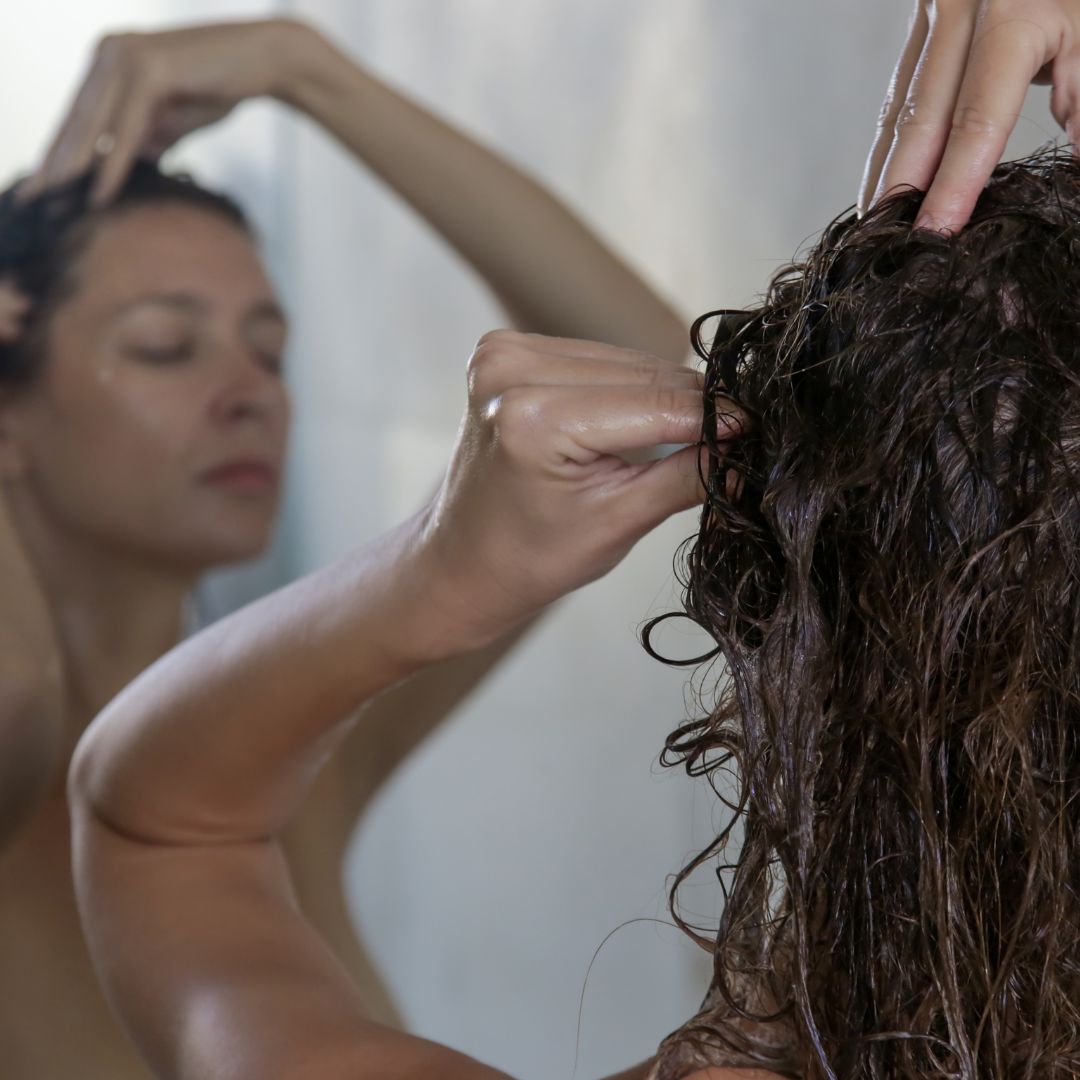The use of different oils for hair has gained popularity in recent years as people are becoming more conscious of the importance of hair care. Natural oils have been used for centuries to promote healthy hair and scalp, and each oil possesses unique properties that cater to specific hair concerns. This article will discuss some commonly used oils and their benefits.
- Coconut Oil:
Coconut oil is widely known for its deep conditioning properties. It contains medium-chain fatty acids that penetrate the hair shaft, strengthening and moisturizing the hair from within. This oil is particularly suitable for dry and damaged hair, as it helps to reduce protein loss and restore the natural shine and softness of the hair.
- Argan Oil:
Originating from Morocco, argan oil is rich in antioxidants, vitamins, and fatty acids. It is an excellent choice for frizzy and brittle hair due to its high content of vitamin E. Argan oil hydrates and nourishes the hair, reducing breakage and improving manageability. Furthermore, the oil's lightweight texture makes it a great option for those with fine hair.
- Jojoba Oil:
Jojoba oil closely resembles the natural sebum produced by our scalp, which makes it an excellent oil for balancing oil production and promoting scalp health. It is non-greasy and easily absorbed, making it suitable for all hair types. Jojoba oil helps regulate sebum production, preventing oily scalp and dryness. It also enhances hair strength, reduces frizz, and gives the hair a healthy shine.
- Rosemary Oil:
Rosemary oil is known for its ability to stimulate hair growth and prevent hair loss. It increases blood circulation in the scalp, promoting the delivery of nutrients to the hair follicles and encouraging hair growth. Additionally, rosemary oil has antimicrobial properties that help to fight dandruff and maintain a clean and healthy scalp.
- Castor Oil:
Castor oil is a thick, viscous oil that is often used to promote hair growth. It contains ricinoleic acid, which has potent anti-inflammatory properties and enhances blood circulation in the scalp. These factors contribute to improved hair growth and reduced hair fall. Castor oil is commonly used in homemade hair masks and can help thicken and strengthen the hair.
- Olive Oil:
Olive oil is an excellent choice for dry and damaged hair due to its moisturizing properties. It is packed with antioxidants that protect the hair from environmental damage and also helps to seal in moisture, preventing moisture loss from the hair shaft. Olive oil is particularly beneficial for reducing frizz and promoting smoother and shinier hair.
- Almond Oil:
Almond oil is rich in omega-3 fatty acids, vitamin E, and magnesium, making it highly nourishing for the hair. It moisturizes and strengthens the hair shaft, preventing breakage and split ends. Almond oil is also known to reduce scalp inflammation and itchiness, promoting a healthy scalp environment for hair growth.
In conclusion, incorporating natural oils into your hair care routine can provide numerous benefits, catering to specific hair concerns. Whether you are looking to hydrate and repair damaged hair or stimulate hair growth, there is an oil that suits your needs. Experimenting with different oils can help you find the perfect combination to achieve healthy, lustrous hair.


